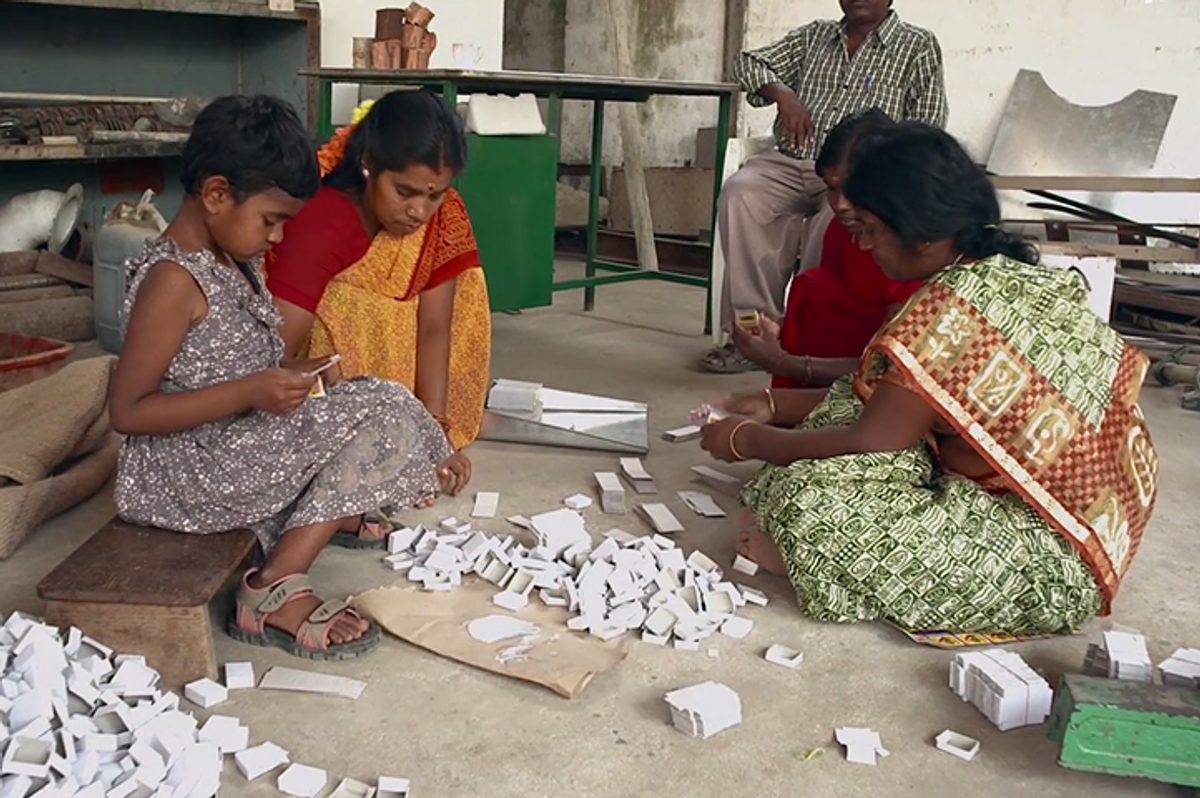Can education and leadership break the cycle of generational poverty?
Shanti Bhavan, a boarding school in southern India, is committed to the goal of lifting children from India’s lowest socioeconomic class out of poverty through education. It's also the subject of a new four-part Netflix documentary series “Daughters of Destiny,” available for streaming Friday.
At 4 p.m. ET this afternoon, tune in on Facebook for a Salon Talks interview with the film’s director Vanessa Roth, who won an Academy Award for the documentary short “Freeheld” in 2007.
Roth's series "Daughters of Destiny" chronicles the lives of five girls from Indian families of the Dalit caste and hail from some of the most impoverished communities in the world. These girls have been selected to attend the prestigious Shanti Bhavan school with the ultimate goal of obtaining jobs that will propel the girls' families ahead in the future.
The film series chronicles the girls' experiences over several years at the school as share their stories, address the class and gender issues they face, and hopefully, as the film's poster suggests, go "from invisible to unstoppable."
In the following exclusive clip from Netflix, one of children featured in the series, Thenmozhi, talks about helping her mother make matchboxes, a speedy, labor-intensive job that involves affixing glue to the sides of folded cardboard to form a box and requires fast finger work. "For one day I used to do a hundred times," Thenmozhi recalls.
She describes the job as hazardous. "In the morning when I saw my finger fully, skin came out. Because all the gum and all that sticking."
Through the opportunity to attend Shanti Bhavan, Thenmozhi has a different type of career in mind for when she grows up. "When I'm like, big in college, I want to have a job called science. I can get money and give it to my mother," she says.
Learn more about the project today at 4 p.m. ET on Salon Talks.



Shares